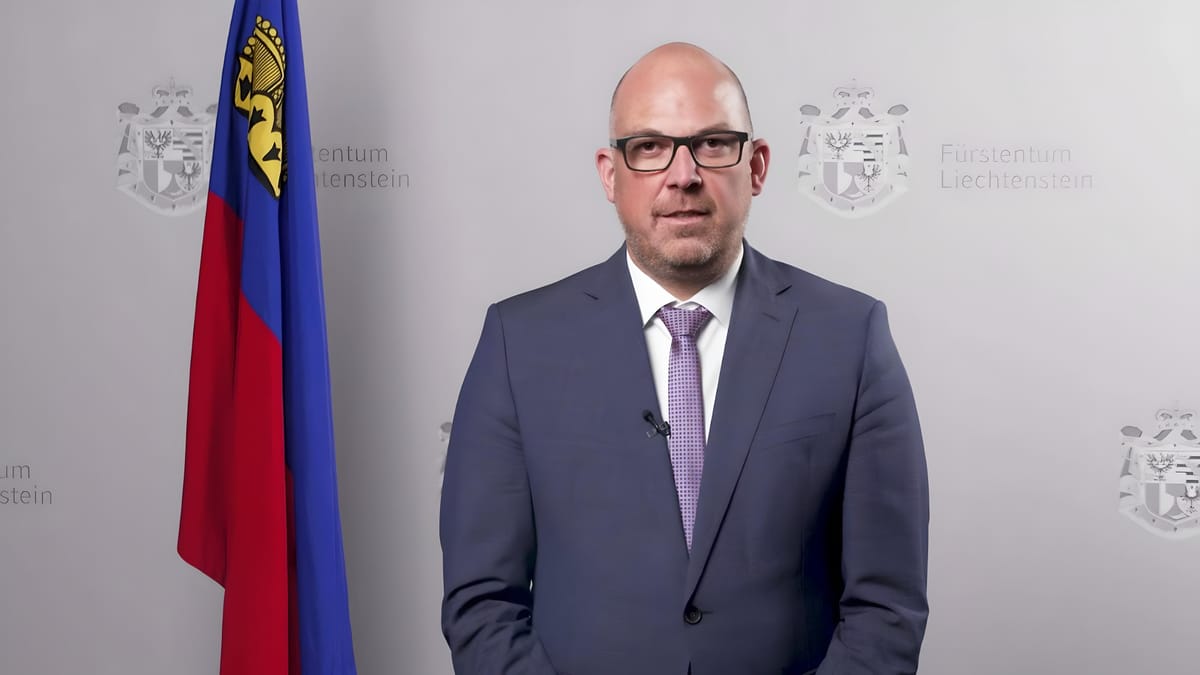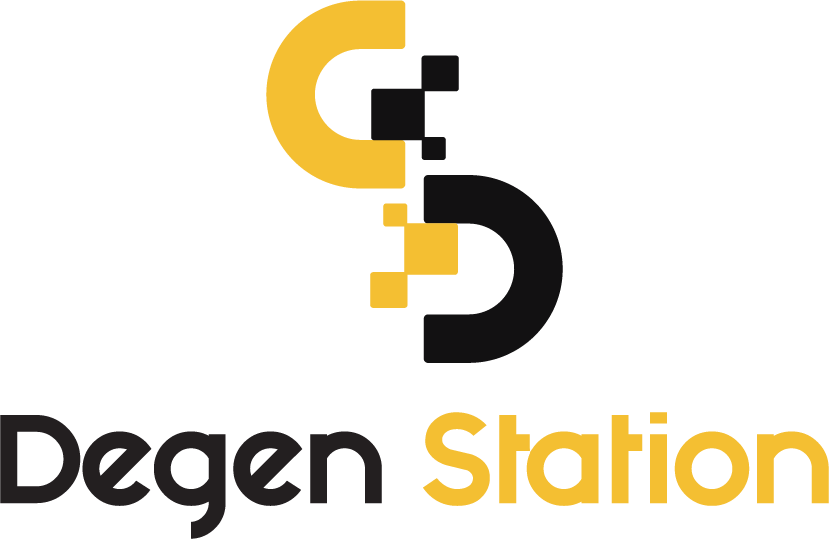Liechtenstein Plans to Accept Bitcoin (BTC) for Government Transactions

Liechtenstein’s Prime Minister has announced intentions to accept Bitcoin (BTC) as a payment method for international transactions involving the government.

Liechtenstein Plans to Accept Bitcoin (BTC) for Government Transactions
In an interview with Handelsblatt, Liechtenstein Prime Minister Daniel Risch revealed that the country is prepared to accept Bitcoin (BTC) for international government transactions.
However, any BTC received will need to be immediately converted into Liechtenstein’s national currency, the Swiss Franc, to mitigate the risk of devaluation, the Prime Minister added.
Risch did not specify the rationale for adopting Bitcoin at this time or provide a timeline for when BTC will be used for international payments. Additionally, the Swiss Franc will remain the sole legal tender in the country, with Bitcoin limited to government transactions.
Risch, who previously served as Finance Minister, also expressed openness to the possibility of investing a portion of government assets in cryptocurrencies. Liechtenstein’s annual budget typically totals $3 billion, three times its spending, with surplus funds often invested in securities.
Risch stated: “Cryptocurrencies like Bitcoin carry significant risks, but this view could change in the future.”
If this happens, Liechtenstein will join the ranks of countries actively investing in Bitcoin and cryptocurrencies, such as El Salvador and Bhutan.
It is noteworthy that Liechtenstein, a Western European country with a high standard of living, is part of the European Economic Area (EEA) but not the European Union (EU). There are also questions about how the EU’s newly approved MiCA (Markets in Crypto-Assets) regulation might impact Liechtenstein’s adoption of Bitcoin.





